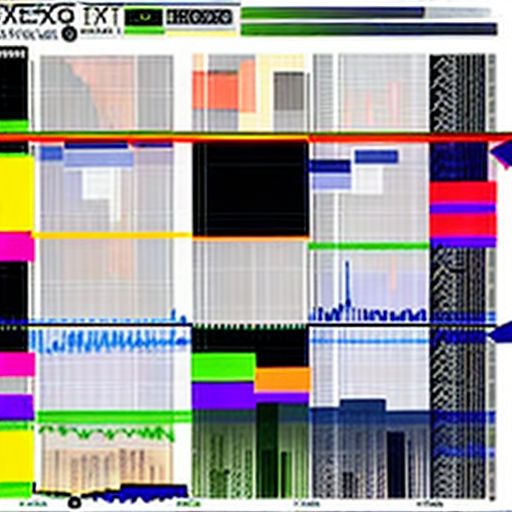Imagine owning a tiny piece of a giant company like Apple or Amazon. That’s what stock trading is all about – buying and selling shares of publicly traded companies. It can seem complicated at first, but understanding the basics of stock trading can open a world of potential for building wealth.
What Does it Mean to Trade Stocks?
In essence, “stock trading” involves buying and selling shares (or stocks) of companies listed on stock exchanges. These exchanges, such as the New York Stock Exchange (NYSE) or NASDAQ, act as marketplaces connecting buyers and sellers. When you buy a share of stock, you’re essentially buying a small piece of ownership in that company.
Why Do People Trade Stocks?
People engage in stock trading for several reasons, primarily:
- Profit Potential: The most enticing reason is the potential to profit. If the value of the stock you buy increases, you can sell it for a higher price than you paid, earning a profit.
- Building Wealth: Over the long term, investing in stocks has historically outperformed other asset classes like bonds or savings accounts, making it a popular choice for building wealth.
- Company Ownership: Owning stock gives you a small ownership stake in a company. While your influence may be minimal, it can be exciting to participate in a company’s growth and success.
How Does Stock Trading Work?
- Opening a Brokerage Account: You’ll need a brokerage account to begin trading stocks. Brokerage firms act as intermediaries, executing buy and sell orders on your behalf.
- Research and Choosing Stocks: Before investing, research companies and their financial performance. Factors like industry trends, management quality, and overall market conditions can influence stock prices.
- Placing Orders: Once you’ve chosen a stock, you can place orders through your brokerage account. Common order types include:
- Market Orders: Buy or sell at the current market price.
- Limit Orders: Set a specific price at which you’re willing to buy or sell.
- Monitoring Your Investments: Stock prices fluctuate constantly. It’s essential to monitor your investments and make adjustments to your portfolio as needed to align with your financial goals.
trading.disneyaz.com/wp-content/uploads/2024/07/stock-market-chart-669bb2.jpg" alt="Stock Market Chart" width="512" height="512">Stock Market Chart
Important Stock Market Terms to Know
- Bull Market: A period of rising stock prices, generally characterized by optimism and investor confidence.
- Bear Market: A period of declining stock prices, often associated with economic slowdown or uncertainty.
- Volatility: The degree to which stock prices fluctuate. High volatility means prices change rapidly, while low volatility indicates more stable price movements.
- Dividend: A portion of a company’s profits distributed to shareholders.
FAQs about Stock Trading
How much money do I need to start trading stocks?
The amount needed to start varies depending on the brokerage and the stocks you want to buy. Some brokerages offer fractional shares, allowing you to buy portions of expensive stocks with a smaller investment.
Is stock trading risky?
Yes, stock trading involves inherent risks. Stock prices can go down as well as up, and you could lose money. Diversification (investing in a variety of stocks) is key to managing risk.
How do I choose the right stocks?
Thorough research is crucial. Consider factors like company financials, industry outlook, and expert analysis before making investment decisions.
Conclusion
Stock trading offers an exciting avenue for potential wealth creation, but it’s essential to approach it with knowledge and caution. By understanding the basics, conducting thorough research, and seeking guidance from financial professionals when needed, you can navigate the world of stock trading and potentially achieve your financial goals. Feel free to leave your questions and comments below, and let’s continue the conversation about building a solid financial future!
